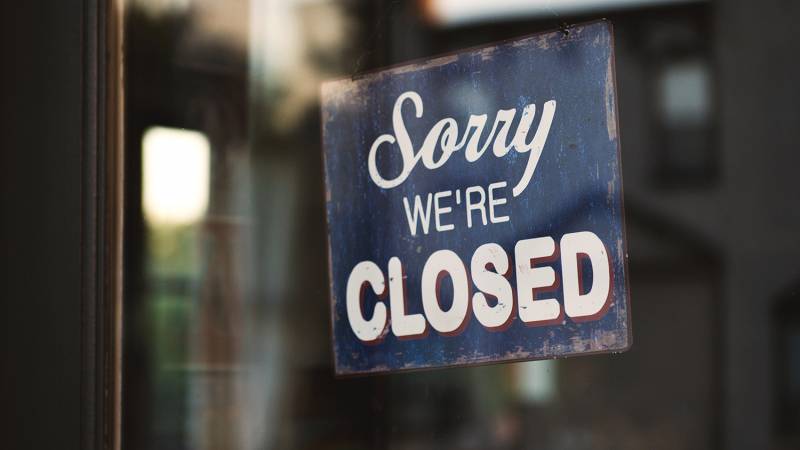In response to seeing sales decrease 80-100% Bay Area kitchen incubator, La Cocina is holding a fundraiser for the more than 25 businesses that live under its umbrella. Through an emergency relief fund, the organization is providing its entrepreneurs with cash payments to cover basic living expenses. The organization is also offering takeout boxes ($80–$150) for two to four people. Through the course of the pandemic, La Cocina has kept its kitchen open waiving all fees for entrepreneurs and limiting capacity two businesses at a time to keep with physical distancing guidelines.
A mutual aid fund led by a collective of seven Oakland food workers and an organizer, artist and teacher (all left unemployed by the crisis), the Oakland Food Service Worker Fund has raised over $23,000 through a GoFundMe page and other electronic donations. (While the group seeks a fiscal sponsor to make donations tax-deductible, they have temporarily switched fundraising to Venmo.) The group has already started disbursing funds to food workers, prioritizing Black, indigenous and other people of color, as well as undocumented folks. Undocumented workers are particularly vulnerable right now, notes Catalina X., one of the fund’s organizers, because they are ineligible for unemployment benefits.
“We have received more than 350 applications,” she said over email. “Many are currently in very dire circumstances, including being unhoused or at risk of being unhoused, supporting many generations of family members both here and in their home countries, and many have very little access to resources or help.” The fund has closed a first round of applications and plans to reopen to new applicants once it reaches its $100,000 goal.
Created in response to the 2017 Tubbs Fire by restaurant writer Heather Irvin, Sonoma Family Meal connects local restaurants, farms and chefs to feed those in need in times of crisis. In response to COVID-19, the organization has once again recruited a network of 17 restaurants and their nearly 100 workers, paying the restaurants $8 per meal to help maintain their operations.
Over the last month, SFM has coordinated the preparation and donation of over 25,000 meals, partnering with local nonprofits like Council on Aging and Corazón Healdsburg for distribution. “We estimate needing up to $1 million to continue to feed Sonoma County’s most vulnerable through June 2020,” Irwin wrote about the organization’s work. To help achieve this longterm goal, she hopes to increase the current roster of restaurants to 25.
Partnering with several restaurants in San Francisco to keep workers employed and citizens fed, the SF New Deal is a fund started with a $1 million donation from Twitch CEO Emmett Shear. Currently accepting more donations, the fund has disbursed nearly $300,000 to restaurants paying them to prepare meals for different drop off sites across the city. Reem Assil's newly opened Mission eatery Reem's along with Hawker Fare, Mister Jiu's and Cafe Envy are a few of the restaurant partners in the mix. According to Nightbird owner and chef Kim Alter, another partner in the SF New Deal, these efforts have lead to 4,000 meals prepared and distributed per day.
Another twofold operation aims to keep restaurants afloat while also feeding frontline workers, in this case, the medical staff of seven East Bay emergency and intensive care units. East Bay FeedER is led by novelist Ayelet Waldman and Jenny Schwartz of Oakland’s Hopscotch.
The organization, though fairly new, has already partnered with world-renowned chef José Andrés’s World Central Kitchen, a Washington, D.C. nonprofit that provides meals during crises and natural disasters. So far Waldman and Schwartz’s outfit has raised nearly $350,000, paying Easy Bay restaurants like Sinaloa, Souley Vegan and alaMar to prepare over 3,000 meals for local hospital staff.
